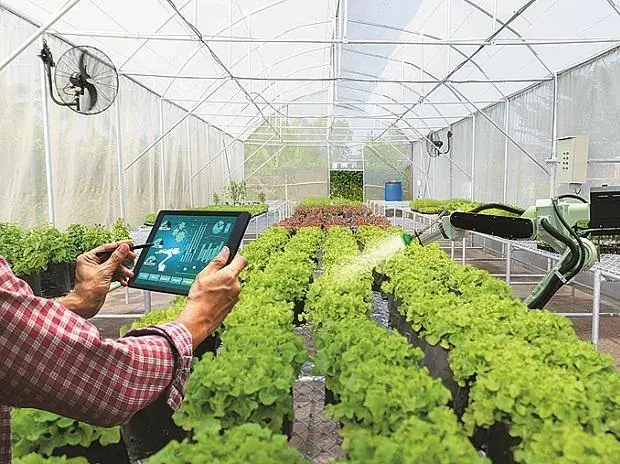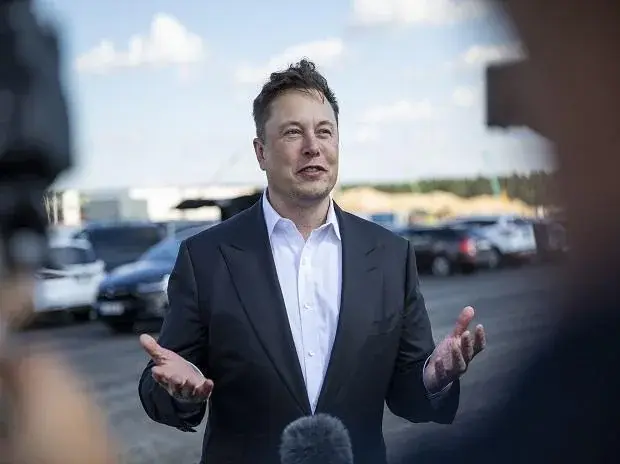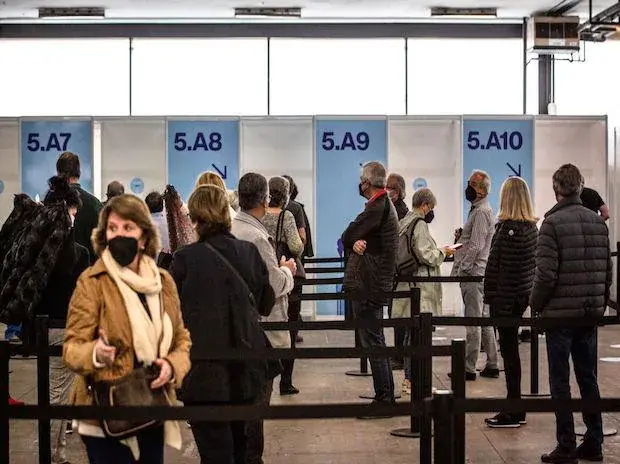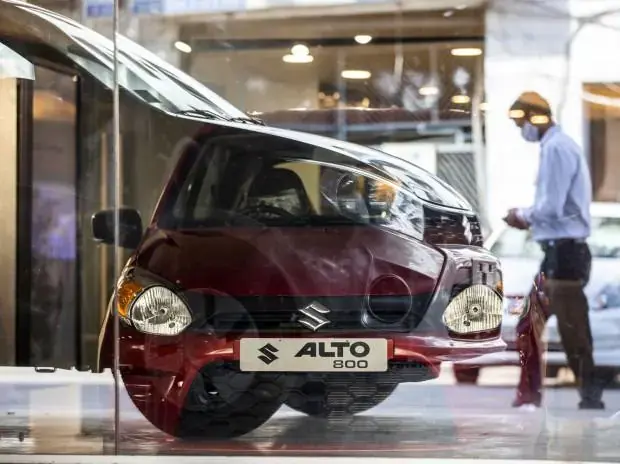Short-video platform Chingari on Monday said it has raised $15 million (about Rs 111.4 crore) in funding led by Republic Capital.

Short-video platform Chingari on Monday said it has raised USD 15 million (about Rs 111.4 crore) in funding led by Republic Capital.
The extended Series A round also saw participation from Onmobile, JPIN Venture Catalysts, Hill Harbour, Angellist, Venture Collective, Makan Family, Cowa Ventures, MVC Friends, Protocol Labs and other HNI family offices, a statement said.
The app will invest this new round of funds to enhance and integrate new in-app features, strengthen the backend technology team, as well as boost its marketing initiatives for 2022, it added.
Chingari had raised USD 19 million in crypto tokens from venture funds and individuals, including Republic Crypto, Solana Capital and Kraken, a US-based cryptocurrency exchange in October last year.
In April last year, Chingari had raised USD 13 million in a pre-Series A round led by OnMobile Global.
Major part of the fresh investment will be utilised to enhance the technology on the app, launch new features and augment the backend tech team by appointing the finest talent across artificial intelligence and machine learning with an aim to further enrich Chingari's user experience, it said.
Another important area of focus is to increase marketing initiatives to strengthen the brand's reach further into the roots of Bharat by making it a favourite among the tier III and IV audiences too, it added.





